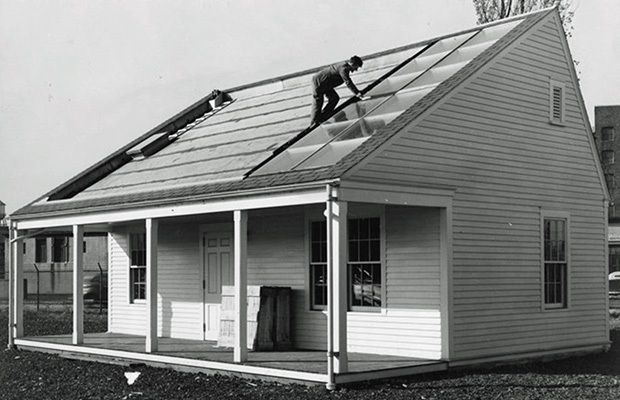Rethinking Lifestyle
New Hydro Rates and Solar Panels

Readers may recall my recent article about resilience and the huge personal debts most people seem to have. Manitoba Hydro has taken on huge debts as well such that it is having difficulty servicing those debts and as a result Hydro says it will need to raise rates. Reports are that it plans 8+% increases for the next 5 years adding up to a total of 46% extra on your Hydro bill.
Some time ago I wrote about the economics of installing solar panels on your roof. At that time I predicted electricity prices would go up but I never imagined 46% in such a short time, so now might be a good time to re-consider the solar option. Since my last article, the price of solar panels has come down, equipment has improved and regulations have changed somewhat. There are even solar shingles coming onto the market that are said to be cheaper over time than installing regular shingles. Frankly the developers and municipalities (except Ste. Anne – congratulations Ste. Anne on your solar installation) are terribly old fashioned when it comes to solar.
Looking at my Hydro bills from 2016 I used about 17500 kWh of electricity that in round figures cost me $1400, plus the basic charge and both taxes. Currently a standard solar package to produce 12000 kWh will cost $24000. Looking at these figures you might think I would be saving $1000 per year – ie 24 years to break even. If hydro gets its 46% increase my savings will be $1400/yr or 17 years to free electricity. But that is not the end of the story because if I had to pay that $1400 to Hydro it would incur PST & GST making it $1580 and be paid from after-tax income. At an average combined Federal and Provincial income tax of 30% I would have to earn $2260 to have $1580 after tax, and that brings it down to 11 years to break even.
But wait, there’s more… Because during the day, especially in summer, you are likely generating more electricity than you are using, you can sell the surplus back to Hydro. If you are selling something you are required to declare your sales on your tax return, and if you are declaring sales you can also legitimately deduct expenses. I will use a tax rate of 30% for the following calculations, though it will vary for everyone. You can also deduct 30% of the original cost each year, though only 15% in the first year. These deductions (called Capital Cost Allowance) would be from your total income and therefore at your highest tax rate, not from your sales to Hydro. In the first year you would save around $1000 in taxes on your total income, the second year about $1500, the third year $1200, declining as time goes by. After 12 years you will have paid about $7000 less tax. But note, these tax advantages are based on selling 100% of what you generate to Hydro, and that in reality is unlikely to be the case.
Because you are selling something – to Hydro in this case – you would be classed as having a home-based business. Obviously you will use some of the electricity you generate yourself and that would be considered as personal. I don’t know what is likely to be a sensible split between personal use and business sales to Hydro, but for argument’s sake, if you sold half of what you generated, you could only claim half of the tax deductions. A quick calculation shows that in the first few years it would be better to sell the maximum to Hydro in order to get the maximum tax deductions and then buy electricity from Hydro during the hours of darkness paying the PST & GST. So, run the dishwasher, washing machine and dryer after dark or on rainy days. And have your shower before going to bed, not in the morning, as heating water uses a lot of electricity. After about 5 years it would likely be better to switch and use as much of your own generated electricity as you can because as you write down the value of the equipment your tax deductions decrease. My guess is that after eight or nine years your system will have paid for itself and after that it is all money in your pocket.
No guarantees are made for these figures so please check with an accountant before making any purchasing decisions. Remember though, solar power is green.
A company in Marchand called Evolve Green is a Manitoba leader in solar technology, so when you buy, buy local.




